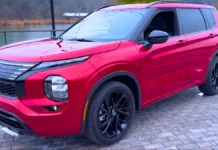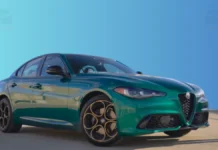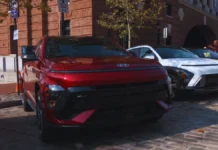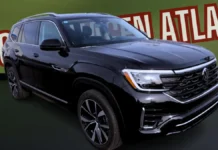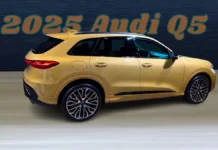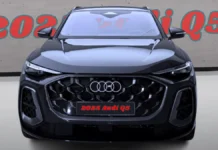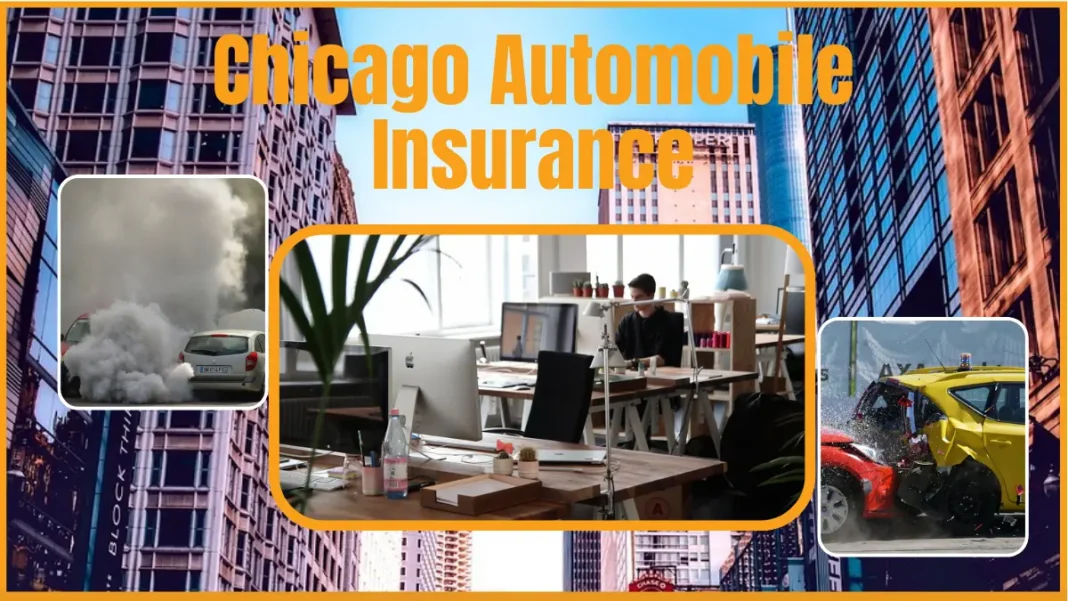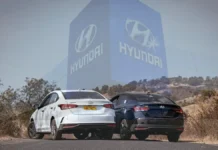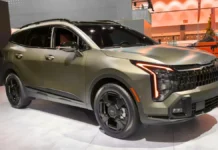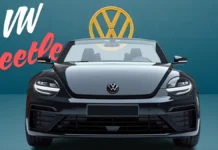Navigating the world of automobile insurance in Chicago can be daunting, especially with evolving laws, new technologies, and shifting market trends. Whether you’re a new driver in the city, a first-time car owner, or simply looking to update your policy, understanding the ins and outs of automobile insurance in Chicago is crucial. In this guide, we’ll cover everything you need to know about automobile insurance in Chicago for 2024 and what you can expect moving forward into 2025.
Why Is Automobile Insurance Essential in Chicago?
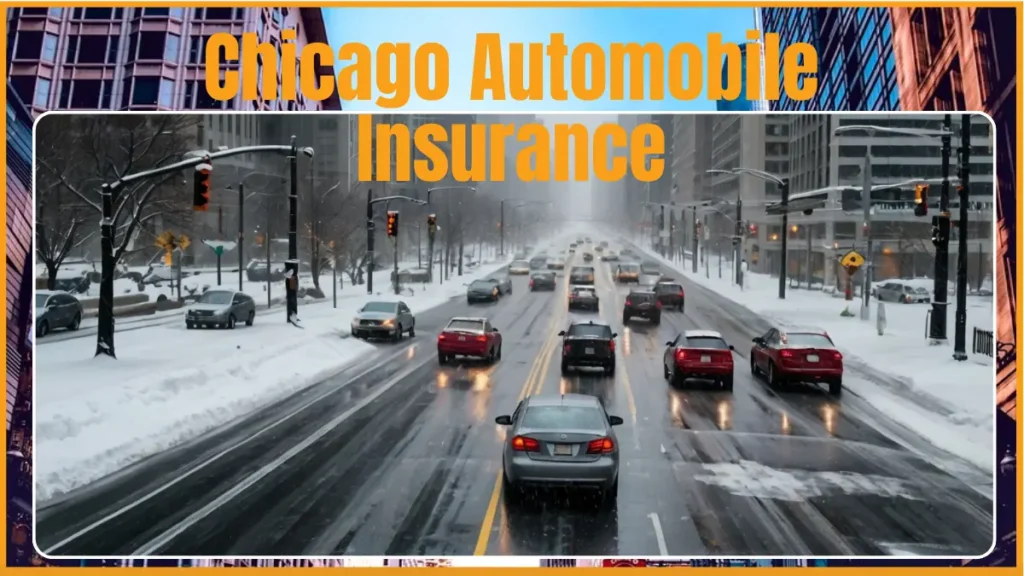
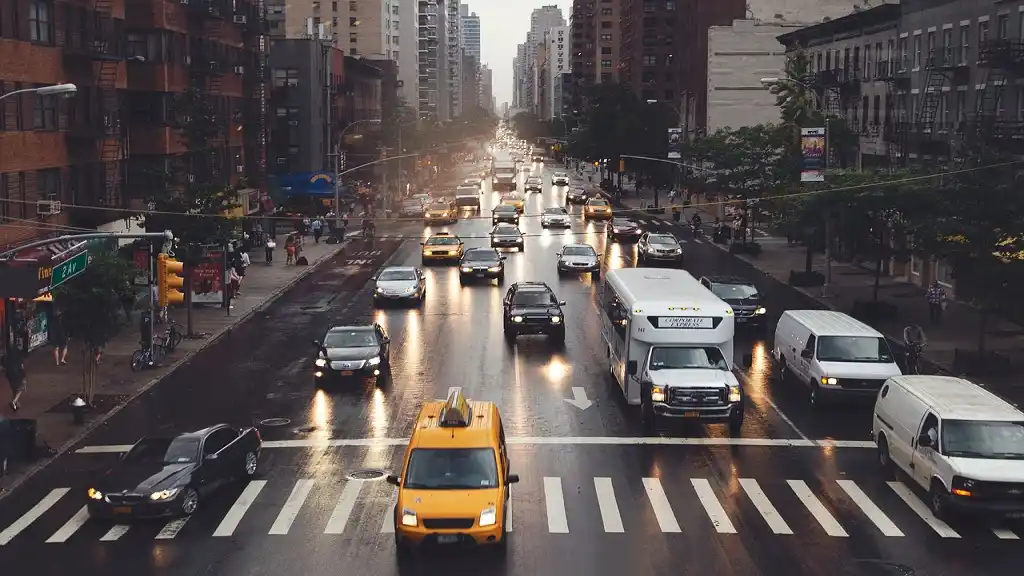
Chicago is a vibrant, bustling city, but driving here comes with unique challenges. From heavy traffic and frequent accidents to severe winter weather, car insurance isn’t just a legal requirement; it’s a necessity to protect yourself and your vehicle.
Key Reasons to Have Insurance in Chicago:
- Legal Requirements: Illinois law mandates that all drivers carry at least a minimum level of auto insurance, and Chicago is no exception. Without insurance, you risk fines, license suspension, and even vehicle impoundment.
- Harsh Weather Conditions: Chicago’s notorious winters bring snow, ice, and freezing rain, making roads hazardous and increasing the likelihood of accidents. Comprehensive coverage can protect you from weather-related damage.
- High Traffic and Accidents: Chicago’s dense traffic and high accident rates make it essential to have coverage that will help in case of a collision. In 2023 alone, Chicago recorded over 60,000 accidents.
- Risk of Theft: Chicago has higher-than-average vehicle theft rates. Comprehensive insurance can help protect your car if it is stolen or vandalized.
Legal Requirements for Auto Insurance in Illinois (2024 and 2025)
In Illinois, drivers must meet specific legal requirements for automobile insurance. As we head into 2025, changes could occur in the state’s insurance laws, especially as new technologies and environmental policies come into play.
Minimum Insurance Coverage in Illinois:
- Bodily Injury Liability: At least $25,000 per person and $50,000 per accident.
- Property Damage Liability: Minimum of $20,000 per accident.
- Uninsured/Underinsured Motorist Coverage: Although not required, this is highly recommended to protect yourself in case you’re involved in an accident with a driver who lacks sufficient insurance.
Penalties for Driving Without Insurance:
Driving without insurance can result in serious consequences in Illinois, including:
- Fines: A fine of $500 for a first offense, with higher penalties for repeat offenders.
- License Suspension: Your driver’s license and registration can be suspended.
- Vehicle Impoundment: Your vehicle may be impounded if caught without insurance.
Looking Ahead to 2025:
As we approach 2025, there are discussions about tightening regulations related to electric vehicles (EVs) and environmental standards. Illinois may implement stricter insurance requirements for EV owners, potentially increasing coverage requirements or introducing new discounts for those driving eco-friendly vehicles. Keep an eye out for updates to Illinois’ laws in the coming years.
Types of Auto Insurance Available in Chicago
Understanding the various types of car insurance can help you make an informed decision. Whether you’re driving a new car or a used one, here are the main options available:
1. Liability Insurance
This is the minimum coverage required by law. It covers bodily injury and property damage you cause to others in an accident.
2. Collision Coverage
Collision coverage pays for damage to your own vehicle caused by a collision with another car or object. In a city like Chicago, where accidents are common, this coverage is highly recommended.
3. Comprehensive Coverage
Comprehensive coverage protects your vehicle from damages caused by non-collision incidents, such as theft, vandalism, or weather-related damage. Given Chicago’s harsh winters and high theft rates, this is an important option.
4. Personal Injury Protection (PIP)
While not mandatory in Illinois, Personal Injury Protection helps pay for medical expenses for you and your passengers after an accident, regardless of fault. It’s worth considering if you want added protection.
5. Uninsured/Underinsured Motorist Coverage
This coverage is important in Chicago, where many drivers are uninsured or underinsured. It covers your expenses if you’re in an accident with someone who doesn’t have enough insurance.
Comparing Auto Insurance Rates in Chicago: What Affects Your Premiums?
Auto insurance premiums can vary significantly in Chicago. Understanding what affects your rates can help you find the best deal, especially as we approach 2025, when new technologies and market trends may influence pricing.
Factors That Influence Your Insurance Premium:
- Age and Driving Experience: Younger drivers and those with less experience typically face higher premiums.
- Vehicle Type: The make, model, and year of your car significantly affect the cost of insurance. Luxury and sports cars usually come with higher premiums.
- Location: Living in downtown Chicago or high-risk areas with more accidents and thefts will likely result in higher premiums.
- Driving History: A clean driving record with no accidents or traffic violations helps keep your premium low.
- Credit Score: Insurance companies often use your credit score to determine your premium. A higher score can result in a lower premium.
- Coverage Type and Deductibles: Comprehensive coverage with low deductibles leads to higher premiums, while increasing your deductible can reduce your monthly cost.
How to Save on Your Auto Insurance in Chicago:
- Shop Around: Always get quotes from multiple providers to compare rates.
- Take Advantage of Discounts: Many insurers offer discounts for safe driving, bundling policies, or installing anti-theft devices.
- Increase Your Deductible: Raising your deductible can lower your premium, but make sure you can afford the out-of-pocket cost if you need to make a claim.
- Maintain a Good Credit Score: Insurance companies often consider your credit score when determining rates, so keeping it high can save you money.
Top Auto Insurance Companies in Chicago (2024 and 2025)
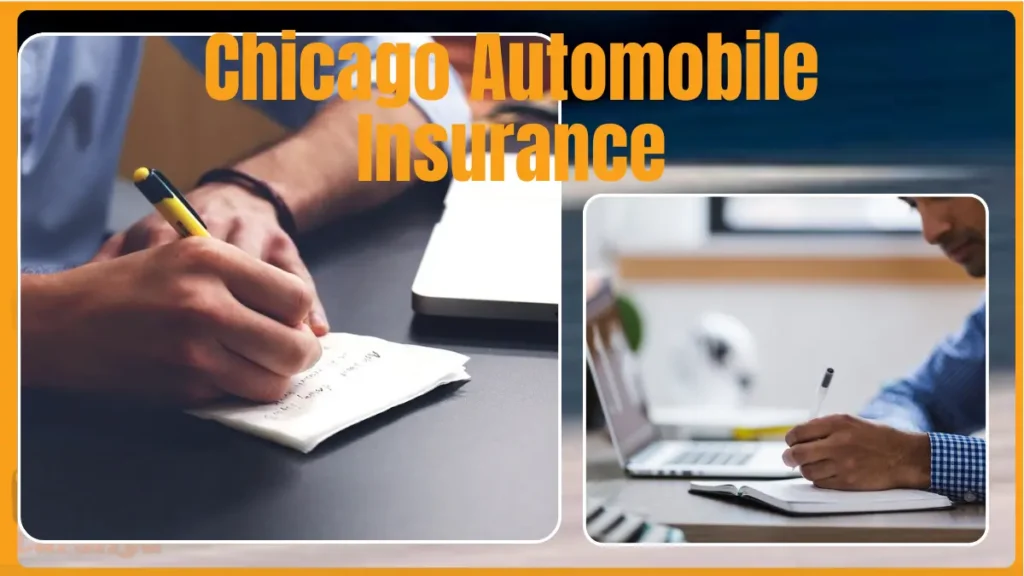
Several major auto insurance companies are highly regarded in Chicago. As we move into 2025, some may adopt new technologies like usage-based insurance or AI-driven claims processing. Here are some of the top options for 2024:
1. State Farm Insurance
- Location: 1 State Farm Plaza, Bloomington, IL 61710
- Why Choose State Farm? They offer a variety of coverage options, great customer service, and discounts for safe drivers and bundling policies.
- 2025 Outlook: As State Farm adapts to new trends, they may introduce more personalized pricing models based on driving data.
2. Allstate Insurance
- Location: 2775 Sanders Road, Northbrook, IL 60062
- Why Choose Allstate? Known for their user-friendly mobile app and extensive range of coverage options, Allstate is an excellent choice for Chicago residents.
- 2025 Outlook: Allstate is investing in telematics and AI, which may provide drivers with more flexible and dynamic pricing in the near future.
3. Geico Insurance
- Location: 1 Geico Plaza, Washington, D.C. 20076
- Why Choose Geico? Geico offers competitive rates and is known for its efficient claims process. It’s a great option for tech-savvy drivers.
- 2025 Outlook: Expect to see more AI-driven tools that help customers optimize their insurance coverage and premiums.
4. Progressive Insurance
- Location: 6300 Wilson Mills Road, Mayfield Village, OH 44143
- Why Choose Progressive? Progressive’s “Name Your Price” tool lets customers adjust their coverage to fit their budget, making it an excellent option for cost-conscious drivers.
- 2025 Outlook: Progressive is leading the way with AI and data-driven pricing models, likely offering even more personalized policies in the future.
5. Farmers Insurance
- Location: 6301 Owensmouth Ave, Woodland Hills, CA 91367
- Why Choose Farmers? Farmers offers a variety of customizable options, making it easy to tailor your policy to your needs.
- 2025 Outlook: With the rise of electric vehicles and autonomous cars, Farmers is expected to introduce more specialized policies to cover new car technologies.
Recent Trends and Innovations in Auto Insurance (2025 and Beyond)
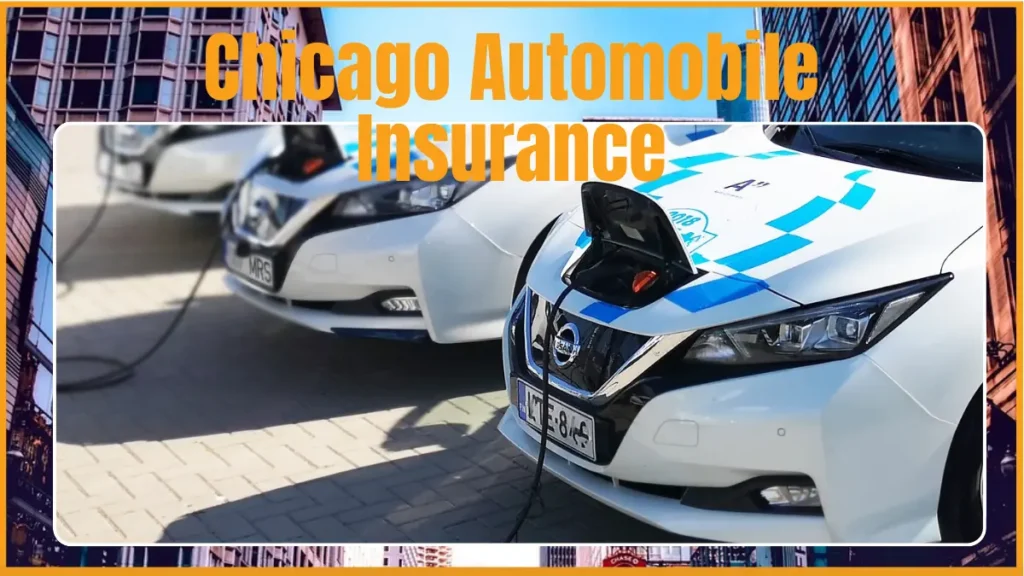
The insurance industry is rapidly evolving, and 2025 will bring even more change. Here are some trends to watch for:
1. Usage-Based Insurance (UBI)
Usage-based insurance models, which track your driving habits through telematics or smartphone apps, will become more popular. In 2025, many insurers in Chicago will likely offer UBI policies, allowing drivers to pay based on how much they drive and how safely they drive.
2. Telematics and AI
AI is transforming the auto insurance industry. Expect to see insurers use artificial intelligence to assess risk more accurately and offer dynamic pricing models in 2025.
3. Electric and Autonomous Vehicles
As electric vehicles (EVs) become more common, and with the rise of autonomous cars, insurance policies will likely shift. Expect more tailored policies for these types of vehicles in 2025, which could impact premiums and coverage options.
Conclusion
Auto insurance is essential in Chicago, and with 2025 just around the corner, it’s crucial to stay ahead of the changes. Whether you’re renewing your policy or shopping for a new one, understanding the legal requirements, different coverage types, and emerging trends will help you make the best decision. Keep an eye on evolving technologies, legal changes, and new insurance models as they unfold in 2025.
FAQs About Chicago Automobile Insurance (2024 and 2025)
Q: What will change in Illinois insurance laws by 2025?
A: Illinois may introduce stricter regulations around electric vehicles and potentially offer new discounts or coverage requirements. Stay updated for official announcements.
Q: How can I save on auto insurance in 2025?
A: Look for insurers who offer usage-based policies, install anti-theft devices, and compare quotes regularly to take advantage of new technologies.
Q: Should I switch insurance providers in 2025?
A: If you’re looking for better rates or more flexible coverage options, it might be worth shopping around, especially with the rise of AI-based policies and telematics.

